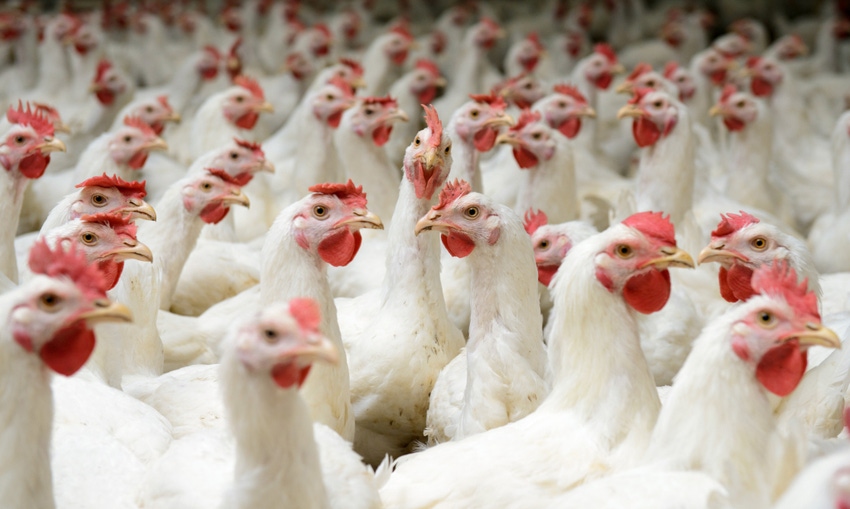Nutritionist Rick Kleyn talks about global poultry industry in regard to sustainability and challenges ahead.

The global poultry industry faces a number of challenges in the near term but, without question, will continue to be the favored source of animal protein worldwide, Rick Kleyn, poultry nutritionist with Spesfeed of South Africa, said in presenting the opening keynote at the 2018 Poultry Science Assn. annual meeting in San Antonio, Texas.
Kleyn noted that the global poultry industry is flourishing, with poultry being a vital source of protein as well as an aspirational food source in many parts of the world.
Even so, Kleyn pointed out that some consumers, particularly in the developed world, dislike certain methods of production the industry utilizes. This questioning and pressure to change ultimately calls into question the poultry industry’s ability to meet a growing demand for food security around the world, provide products consumers want and will pay for and produce poultry and eggs in a sustainable manner.
On a worldwide basis, livestock currently provides 13% of all calories and 28% of all protein consumed.
Despite pressure from the consumer side, poultry remains a key protein source when it comes to calories and nutrients delivered, Kleyn said, noting that, in the developing world, meat consumption is viewed as a status symbol associated with success. “Just try to tell those folks to go vegan. It does not happen,” he said.
From a production standpoint, 8% of all eggs and 2% of all chicken are still provided by subsistence farmers -- those who produce with only local inputs and manual labor, often living below the poverty line. These smallholder farmers, Kleyn said, face technological challenges as well as access to markets for their products. They are, however, an important part of the poultry industry and its future.
Sustainability also is key to the poultry industry’s future. Kleyn said the industry, as a whole, needs to be economically resilient, socially responsible, environmentally responsible and institutionally stable. The problem is that the first thing that happens is that companies -- and consumers -- pick the two or three things that suit them and simply ignore the others, he said.
With increasing consumer pressure on how poultry is raised, Kleyn said he is concerned that the industry is losing some of its technological advantages as a result. The truth, he said, is that the alternative systems are not as efficient. The example he provided was organic chicken production, which requires twice as much land to produce the same amount of edible chicken meat as traditional production. He explained that if just one-third of U.S. chicken production was converted to slow-growing birds, some 1.5 billion additional broilers would be needed per year to meet demand.
“Our efficiency is a huge way for us to be sustainable, but that isn’t something we are being allowed to do,” Kleyn said.
The reality faced by today’s poultry industry is that it has the skills to meet the world’s growing demand for chicken and eggs, but it will likely be obligated -- as has already been the case, in some regard -- to forego so technological advances that would have otherwise provided greater efficiencies and environmental benefit -- both of which consumers conveniently tend to ignore when pushing their causes.
“Still, I am an optimist. I’m optimistic about the poultry industry, and I’m optimistic we will fulfill our obligations, principally to feed the world. Whether we will be able to do so within all the different legs of sustainability is a moot point, I think, that could be a real challenge, as they can be counterproductive, for as you increase your welfare standards, you increase your environmental footprint at the same time, but I’m optimistic that we will make a good go of it and continue to be a successful industry,” Kleyn concluded.
Click below to hear our exclusive interview with Rick Kleyn of Spesfeed
About the Author(s)
You May Also Like
.png?width=300&auto=webp&quality=80&disable=upscale)


